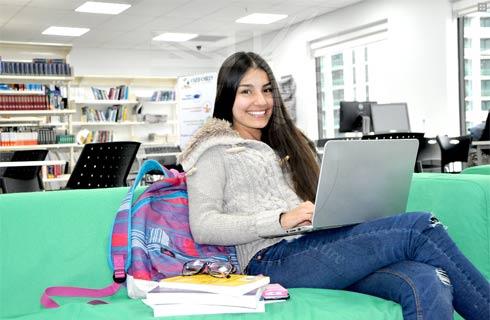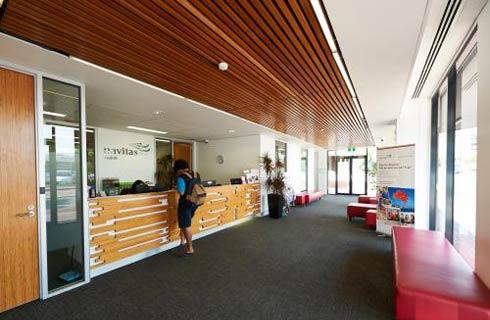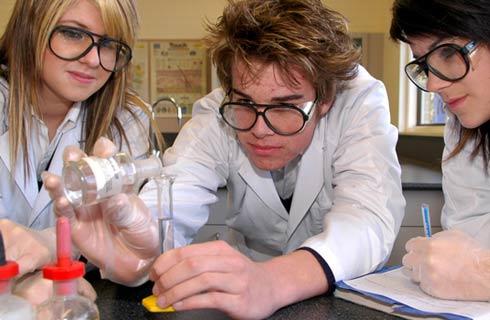医学博士
Doctor of Medicine (NSW)

学历文凭
Ph.D.

专业院系
School of Medicine

开学时间

课程时长

课程学费

国际学生入学条件
IDP—雅思考试联合主办方

雅思考试总分
7.0
- 雅思总分:7
- 托福网考总分:94
- 托福笔试总分:160
- 其他语言考试:PTE Academic - 65, with no individual band score lower than 65
CRICOS代码: 095688K
申请截止日期: 请与IDP联系 以获取详细信息。
课程简介
As the only medical program offered by a Catholic university in Australia, the Doctor of Medicine aims to develop and train caring and ethical doctors imbued with the values of compassion, respect, and service. All students at Notre Dame undertake a Core Curriculum component of the study that involves an exploration of bioethics in the first year of the program.The first and second years of your studies provide a solid foundation for your medical degree. You will have the opportunity to undertake problembased learning tutorials conducted by medicallyqualified tutors, clinical and communication skills sessions, workshops, clinical debriefing tutorials and site visits. In the second year, you will begin to work on a researchbased or professionallyfocused project on one of themes Clinical Science, Bioethics, Aboriginal and Torres Strait Islander Health, Rural Medicine or Medical Leadership and Health Policy.In the third year, you will undertake a series of clinical placements in in hospitals and community settings where you will engage with patients, their families and the healthcare professionals caring for them. This strong focus on experiential learning is further complemented by a series of weekly BacktoBase Days, in which you will return to your principal Clinical School for short case tutorials, grand rounds, journal club sessions and expert guest lectures.Your fourth and final year will see you complete further clinical placements. You will explore a range of disciplines in a range of health settings and present your project for examination in the Applied Research Project course of study. Following the fourthyear endofyear examinations, you will commence a fourweek elective learning period where you can extend your medical knowledge in an area of personal interest.
相关申请
 预科
预科 奖学金
奖学金 实习机会
实习机会 在校学习
在校学习 跨境学习
跨境学习 校园授课-线上开始
校园授课-线上开始 在线/远程学习
在线/远程学习
开学时间&学费
学费信息仅供参考,请与IDP联系以获取详细信息
| 开学时间 | 时长 | 学费 | 地点 |
|---|
关于澳大利亚圣母大学

澳大利亚圣母大学是澳大利亚的一所领先大学,校区位于悉尼、珀斯和布鲁姆。同时大学医学院在新南威尔士和维多利亚另有7个临床学校。圣母大学因其为每个学生提供的个性化学习体验而倍感自豪。圣母大学为学生在校期间提供大量获得专业工作经验、并可充分利用诺特丹众多行业合作伙伴优势的机会,让学生既获得工作经验又为未来就业建立了关系。圣母大学同时也是澳大利亚国内毕业生就业率最高的大学之一。学生在校期间可享受大学提供的包括撰写简历到锻炼面试技巧等应有尽有的个人职业支持。圣母大学为在校学生提供的大量支持包括研讨会、保密咨询服务、额外学术支持、辅导课程、残疾学生支持及专业的国际学生支持办公室。每个校区的学生都有机会加入包括记者和电影协议以及篮球协会等大量俱乐部和社团从而获得课堂外的新技能。圣母大学的学生还有可能前往大学在英国、美国、加拿大和亚洲的合作大学度过部分求学时光,这将有助于在了解他国文化的同时为自己的简历添光增彩。
本校相关课程
其他相关课程

医学检验科学学士
 查尔斯·达尔文大学
查尔斯·达尔文大学泰晤士高等教育世界大学排名:417
学历文凭
Bachelor Degree
开学日期
课程费用总额


整骨医学硕士
 南十字星大学
南十字星大学泰晤士高等教育世界大学排名:456
学历文凭
Masters Degree (Coursework)
开学日期
课程费用总额

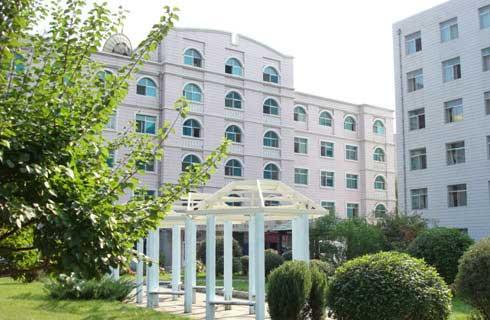
临床科学学士
 查尔斯特大学
查尔斯特大学泰晤士高等教育世界大学排名:631
学历文凭
Bachelor Degree
开学日期
课程费用总额

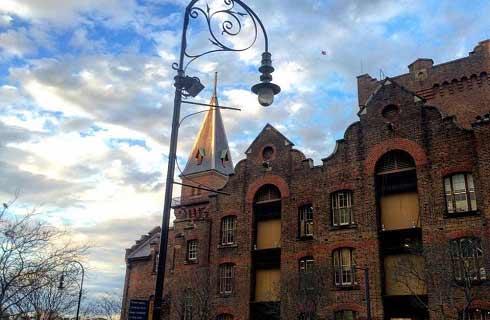
骨科硕士
 乐卓博大学
乐卓博大学泰晤士高等教育世界大学排名:267
学历文凭
Masters Degree (Coursework)
开学日期
课程费用总额

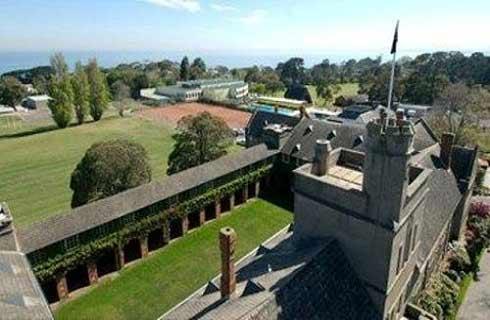
临床修复和矫正硕士
 乐卓博大学
乐卓博大学泰晤士高等教育世界大学排名:267
学历文凭
Masters Degree (Coursework)
开学日期
课程费用总额

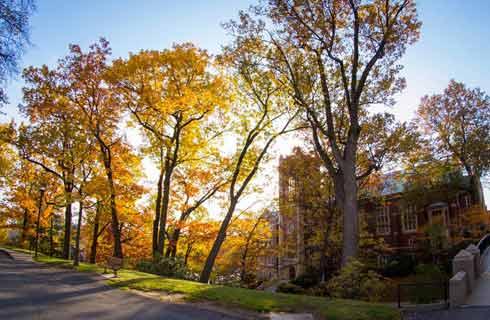
癌症和血液学护理研究生文凭
 悉尼大学
悉尼大学泰晤士高等教育世界大学排名:54
学历文凭
Graduate Diploma
开学日期
课程费用总额











